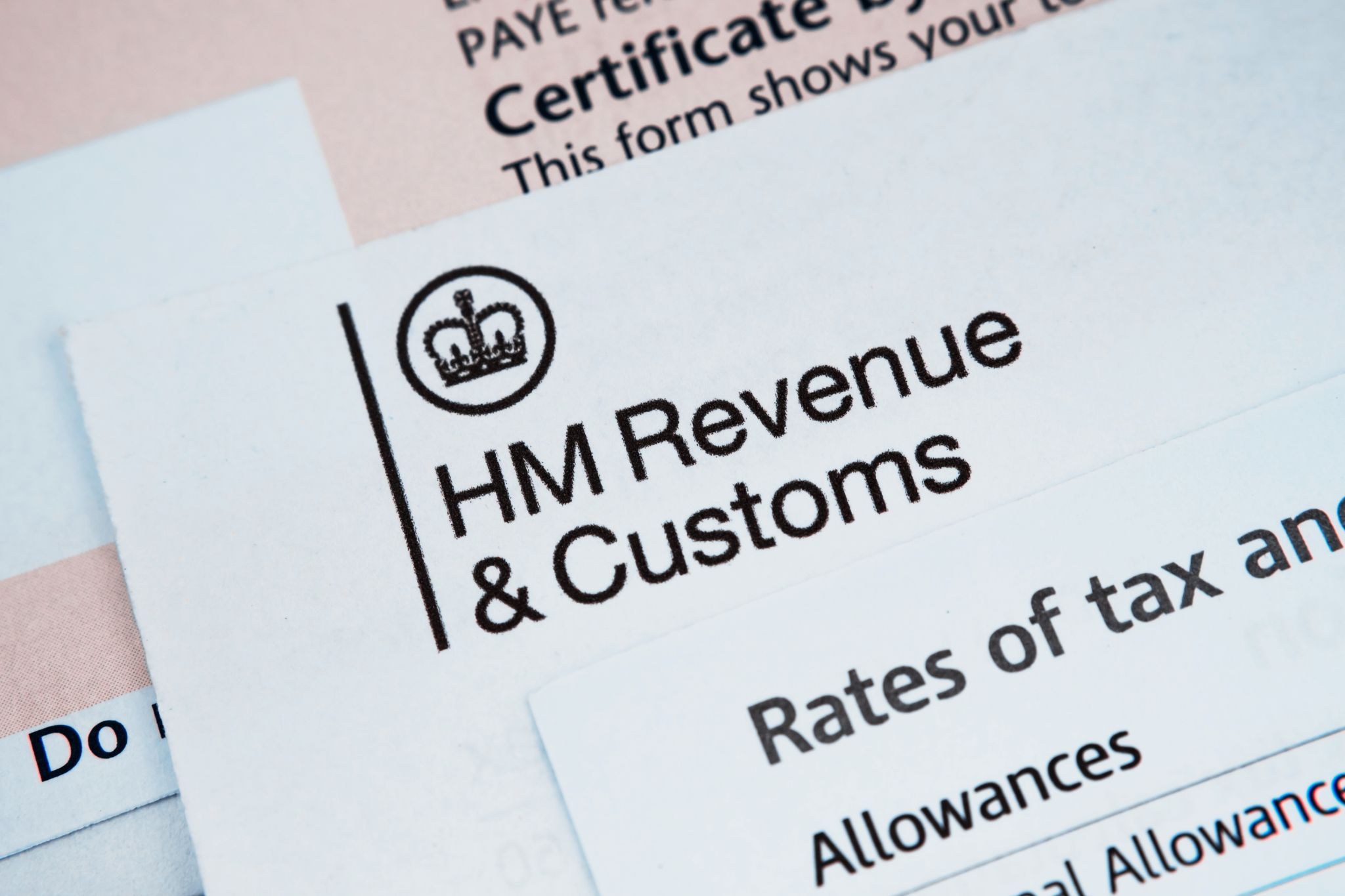The recent budget once again revealed the key role for discretion and judgment – for example regarding the economy’s growth trajectory – inherent within technocratic fiscal oversight. The technocratic veneer that enshrines the UK Fiscal Watchdog, the Office for Budget Responsibility (OBR), obscures the inevitable politics of rules-based fiscal governance as well as the tensions between economic policy-makers and independent overseers, explains Ben Clift.
The OBR was set up in 2010, amidst debates about the politics of austerity, to provide independent evaluation and oversight of UK fiscal policy and the public finances. Designed to strengthen UK economic credibility, the OBR is not a policy-making body, but exists to adjudicate on whether government economic policies are likely to enable the Chancellor to remain within the UK’s fiscal rules.
The OBR also evaluates the longer-term trajectory of the public finances, and assesses a range of fiscal risks. Furthermore, the OBR provides independent economic forecasts which form the basis of UK budgetary decision-making. Shifting economic forecasting from the Treasury to the independent OBR was an important change to the transparency and reliability of official UK economic policy evaluation. For the first time, forecast production was not line-managed by the Chancellor, eliminating scope for wishful thinking, over-optimism and political manipulation.
The technocratic repoliticisation of fiscal policy?
Such rules-based economic regimes, and independent fiscal oversight, are often interpreted as “depoliticisation”. Supposedly this takes fiscal policy away from fractious parliamentary politics, towards the realms of technical administration.
At one level – rules-based economic policy is designed to limit the discretionary actions of policy-makers, following the precepts of neo-liberal Public Choice theory.
Yet far from taking the politics out of fiscal policy, the advent of fiscal rules – and the OBR – engenders new forms of contested fiscal politics. Ironically, enacting this rules regime, and conducting independent fiscal oversight, is far from a mechanistic or automatic process. There is a crucial and pervasive role for OBR judgment and intuition. For all the technical and scientific imprimatur the OBR seeks to project in its fiscal oversight work, it is inextricably involved in the politics of UK fiscal policy. The OBR’s chosen narrative on economic growth, for example, is an important intervention in the politics of UK economic management, as I explore in my new book.
For all the technical and scientific imprimatur the OBR seeks to project in its fiscal oversight work, it is inextricably involved in the politics of UK fiscal policy.
The OBR is very open and transparent about the key role for judgment, for example when assessing potential growth, in undertaking its fiscal oversight work. The potential growth rate is very difficult to discern, yet crucial for the OBR’s fiscal evaluation tasks and consequential for assessing the state of the public finances. One cannot be sure even in hindsight, and retrospective revisions are common. This uncertainty and illegibility of the economy draws this independent, apolitical, technical body into a political debate about interpreting economic policy and its likely effects and impacts.
One justification for technocratic institutions such as the OBR, increasingly important in a “post-truth” era of populist politics, is that they work to strengthen links between economic policy-making and fact and evidence. The OBR sets a high priority on establishing as solid an evidence base as possible on which to found their judgements. They will only incorporate economic policy effects into their projections if “there is clear empirical support for the effectiveness of a policy in raising or reducing potential output in the UK or similar countries”.
Irreconcilable differences
The high priority for evidence-based assessment is partly because OBR forecasting requires it to judge tricky, elusive concepts such as the trajectory of potential growth.
These growth trajectory issues can be especially politically salient when the government makes assumptions about how its economic policies will affect growth that the OBR deems implausible, as happened with the Kwarteng “mini-budget” in September 2022.
This episode underlined the politics of economic ideas underlying fiscal evaluation, and technocratic economic governance institutions gauging growth. Growth assessments rest upon particular political economic assumptions about the properties and propensities of markets, the character and effectiveness of state intervention – competing understandings of growth and its drivers. These mediate what matters (or not) in growth assessment.
Truss and Kwarteng assumed lower taxes and regulation would briskly bring forth economic dynamism and strong growth. The OBR, by contrast, guided prior experience of the limits of economic policy effects on underlying growth, saw no reason to abandon their innate scepticism about how far government policy can alter the long-term growth path. They did not believe a series of unfunded tax cuts would suddenly unleash a growth surge on a moribund UK economy.
These different views on UK growth, whilst apparently arcane technicalities, are actually of first order political economic significance. Anticipated growth trajectories have a significant impact on the public finances – through things like future tax revenue assumptions. As the OBR noted in November 2022, the “medium-term fiscal outlook has materially worsened since our March forecast due to a weaker economy, higher interest rates, and higher inflation”. Lower growth projections are one key factor that reduces policy space and makes fiscal rules less likely to be met.
One major reasons for the Truss/Kwarteng debacle in September 2022 was that the government failed to convince the OBR and other expert observers that they had a credible growth “strategy” that would measurably improve UK economic performance. This, in tandem with the adverse effects on the public finances of their unfunded tax-cutting agenda, eroded UK economic and financial credibility.
Fiscal discipline?
One key role the OBR performs is to adjudicate on the observance of UK Fiscal rules, which were introduced to try and instil fiscal discipline. However, rules have been changed frequently, and often breached by successive UK chancellors.
Questions about the UK fiscal sustainability have not all been answered by the recent budget. High public debt is currently close to 100 per cent of GDP. The OBR warns: “Jeremy Hunt today needs to work a lot harder than his predecessors just to keep debt from rising in normal times, and normal times have been hard to come by in recent years.”
Chancellors have typically left themselves little room to manoeuvre against their stated debt reduction goals. Continuing in that tradition, Hunt envisages staying within the public debt rule by what OBR fiscal expert Andy King called “a wafer thin margin”.
Borrowing costs, energy prices, and inflation have all been fluctuating very dramatically in recent times. The “headroom” available to meet the debt target is, OBR Chief Richard Hughes underlines, “vanishingly small by comparison with the scale of these shocks”.
Furthermore, the only way UK fiscal rules can be met is by Hunt pencilling in unrealistically large squeezes on public spending from 2025 onwards (storing up economic management problems for the next government). So much for taking the politics out of fiscal policy.
As this demonstrates, the OBR – for all its apolitical self-image – is an important political actor within the British State. Its narratives around growth, debt, and fiscal space profoundly shape government economic policy possibilities. Economic credibility is key for a government’s political survival, as Truss and Kwarteng found out. OBR oversight can play a crucial role in strengthening and sustaining that credibility.
All articles posted on this blog give the views of the author(s), and not the position of LSE British Politics and Policy, nor of the London School of Economics and Political Science.
Photo credit: HM Treasury, Attribution-NonCommercial-NoDerivs 2.0 Generic (CC BY-NC-ND 2.0)






